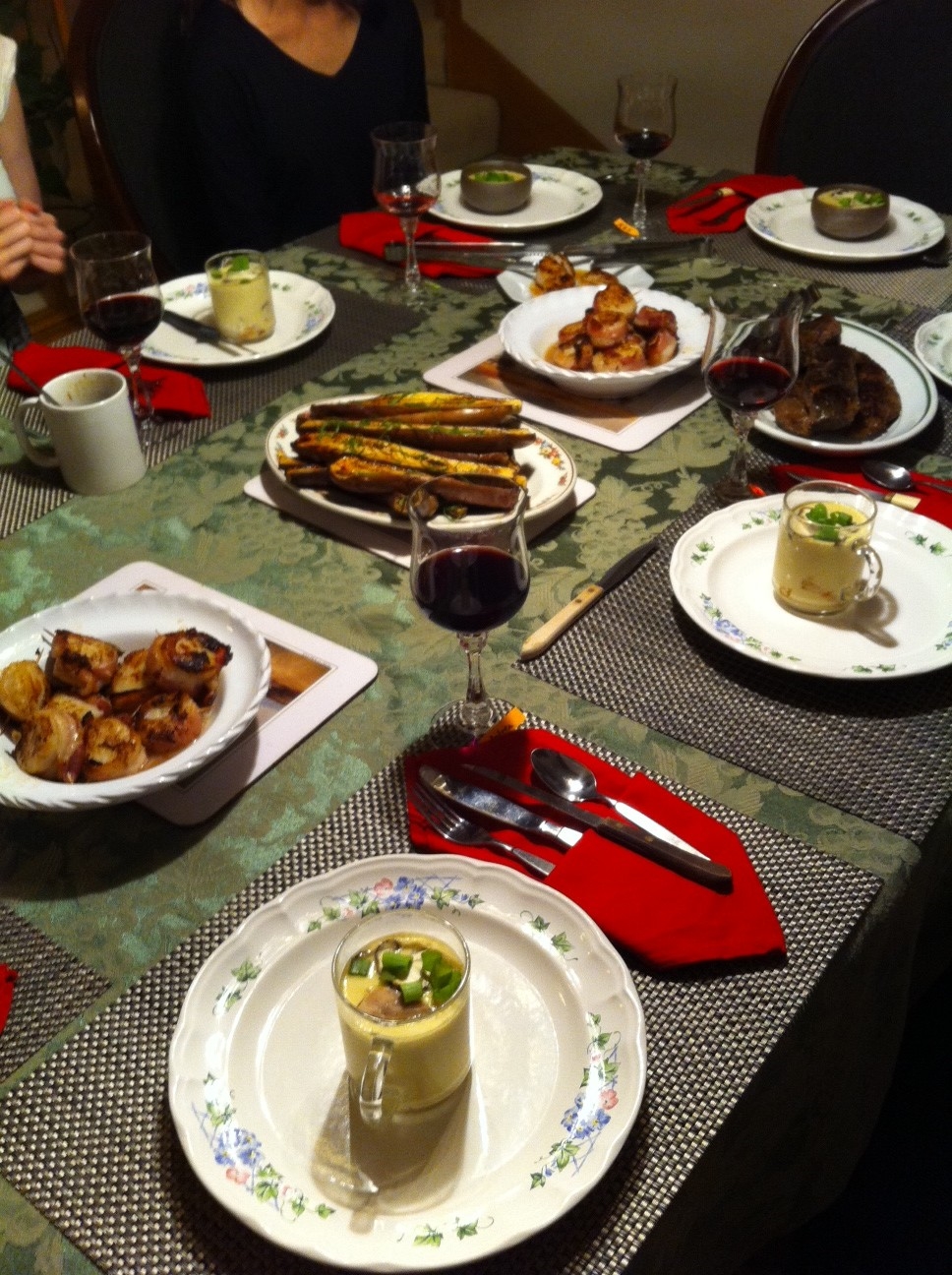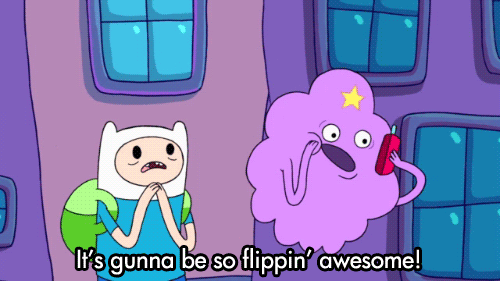This past weekend, I got together with my family. My sister and her boyfriend have finally moved back to the states from China, and I’m ecstatic. We all shot emails back and forth regarding our Saturday night dinner, figuring out who was making what dish and what would blend well together. There were eight of us: my mom and dad, my brother and his girlfriend, me and my husband, and my sister and her boyfriend. I grew up in a family where food was an Important Thing. The kitchen is where everyone gathers for prep work, where we talk about what’s going on in our lives, sometimes with a glass of wine. It is constantly busy, and noisy, smelling of caramelizing onions mixed with the faint scent of whatever was put into the oven at the start of the whole process. Someone is always hovering on the edge, asking, “What can I do to help?”
The dinner table is almost sacred. When I was a kid, we dropped everything to sit at the dinner table together. At Christmas and Thanksgiving—times when we got together with my aunts, uncles, and cousins, dinner became a production. The adults were the foremen, corralling us kids, instructing us to cut this or grate that. I still remember my mom teaching me how to fold dumplings, how to make sure they were sealed properly so water couldn’t get inside.
At the important dinners, there was always some sort of fish. Always always rice. There would be so many dishes that you could only take a sampling of each. All the kids would be banished to the children’s table, where we could poke and tease each other and make fart jokes in peace. On my mother’s side, there were ten of us cousins, all close in age.
Food is a part of who I am. It is memory, and culture, and family.
I try to be conscious of this in my writing. Who is making the food? How elaborate is it? Can they procure all these ingredients in their environment, or do they import some of them? Who serves the food, and how do they eat it? Who do they sit with and are there any before or after meal activities?
I feel like these things can be so revealing, not just for a culture, but for families and individuals as well. In my current WIP, a good deal of the world is populated by the eisseth, a large, winged species. They have grasping arms, but they walk on their feet and the padded tarsals of their wings. They consider themselves culturally superior to humans. Their food reflects this—it is elaborate, multi-layered. Airy pastries, meats in wine and fruit sauces, glazes. During a diplomatic dinner, one of my eisseth characters takes a good deal of smug pleasure in pointing this out to my main character. For the eisseth, it is another justification for their invasion of human lands.
We had a lovely dinner on Saturday night, which took way too long to prepare, and was devoured way too quickly. My brother’s girlfriend remarked that every time she comes over, it seems there is a hidden dish—something that appears at the very last minute, making the dinner even more elaborate (in this case it was sous vide steak and cabbage with sun-dried olives). We decided, through a random spinning of a knife, which of us got to pick the Star Trek: TNG episode we would all watch (my sister picked “The Inner Light”) after dinner.
For us, food is a centerpiece. It is a collaborative process, something we all work on together and which we all get to enjoy. It is a reason to gather, to spend time together, and to linger in one another’s company.













